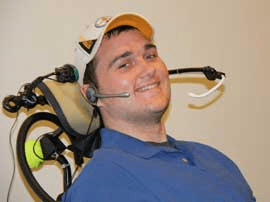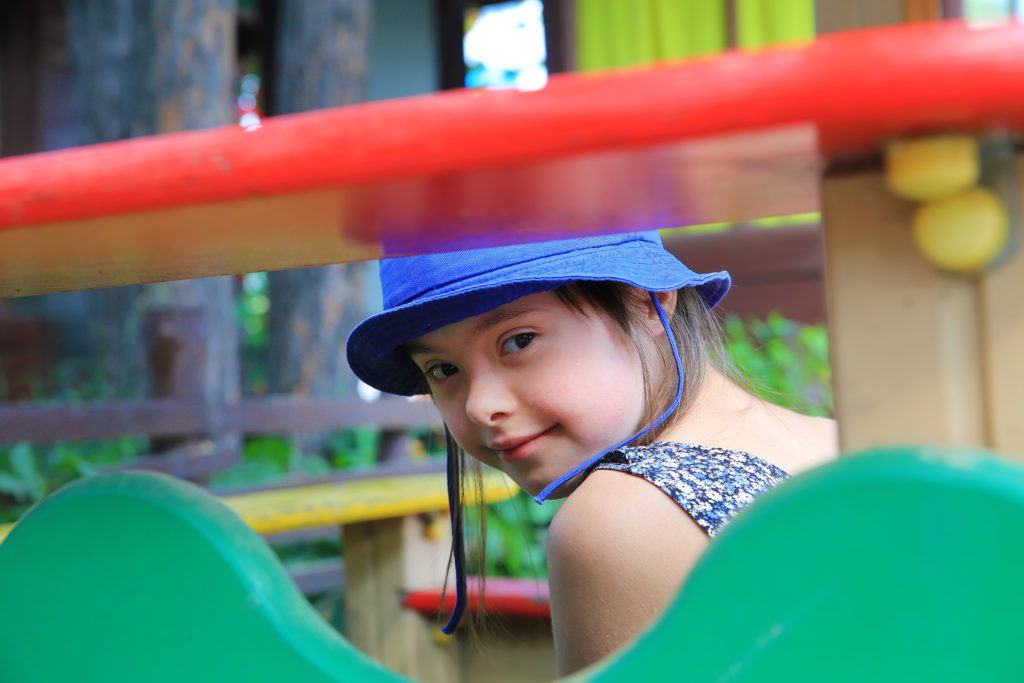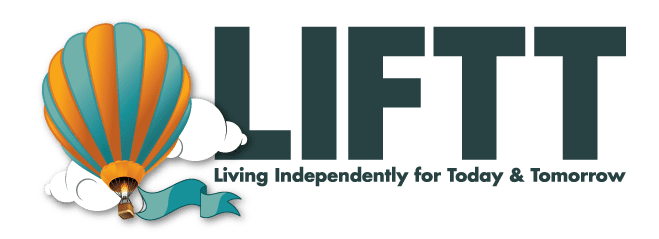Education
Federal Law says all children with disabilities are entitled to free education in public schools. Children with disabilities are also entitled to a special education that meets their needs and prepares them for more education, jobs, and adult living. Transition planning helps parents and schools prepare children for adult life by making sure children learn important life and academic skills.
The following links and resources can answer your questions regarding education issues. To speak to a LIFTT independent Living team member regarding your education needs, please give us a call at (406) 259-5181 or send us a message through the contact us page.

Montana Youth Leadership Forum (MYLF)
MYLF’s mission is to identify students with disabilities who have exhibited leadership skills and equip them with additional training so that they become leaders by example. MYLF Students will expand their knowledge of the culture of disability, learn about all types of disabilities, and meet adults who are living successfully with disabilities. Their individual goals include the following:
- Leadership Plans to use upon return to his/her community
- Academic and Career Goals
- Work ethics and a belief that work is not only a right but also a social obligation to reach his/her full potential
- Resource Development Plan in order to attain continued or more complete independence through technology, community support, peer mentoring, civil rights.
The program contains useful information on learning to lead, involvement with others, and teamwork.
Montana Empowerment Center (MEC)
Founded in 2018, MEC is federally funded through the Office of Special Education Programs, United States Department of Education (OSEP) as Montana’s Parent Training Information Center (PTI) with a mission to empower, encourage and educate all Montana families of children and young adults (birth to 26 years of age) with disabilities.
Office of Special Education Programs, United States Department of Education (OSEP)
The program is dedicated to improving results for infants, toddlers, children, and youth with disabilities ages birth through 21 by providing leadership and financial support to assist states and local districts.
Individuals with Disabilities Education Act (IDEA)
Most recently updated by Congress in 2004, the Individuals with Disabilities Education Act (IDEA) is the federal law that requires “A free and appropriate public education” be provided to all eligible children with disabilities in the United States and ensures special education and related services to all children. The US Department of Education’s IDEA website brings together IDEA information and resources from the Department and its grantees to serve as a one stop shop for students, parents, educators, service providers, or grantees, who want to find information and explore resources on the education of infants, toddlers, children, and youth with disabilities.

National Center on Secondary Education and Transition
The National Center on Secondary Education and Transition (NCSET) coordinated national resources and offered technical assistance. In addition, NCSET disseminated “information related to secondary education and transition for youth with disabilities in order to create opportunities for youth to achieve successful futures.” Topics covered include Individualized Education Plans (IEP), transitions to post-secondary education & careers, and identifying and finding the right supports and accommodations for secondary students.
Rural Institute for Inclusive Communities at the University of Montana
This program provides useful resources and information on a variety of topics related to disabilities that we have explored through a multitude of projects. It includes useful information on topics such as Assistive Technology, Early Childhood, Education, Employment, Health, Transition, and Recreation. There is also a great section on Emerging Leaders, where young people with disabilities share their stories.
